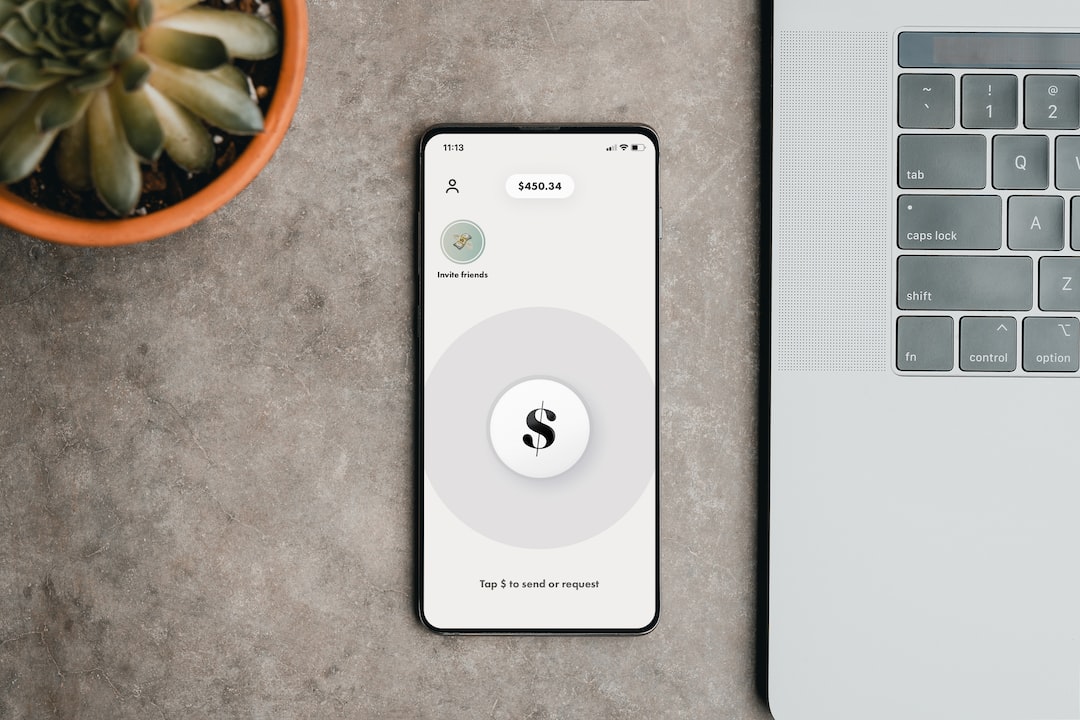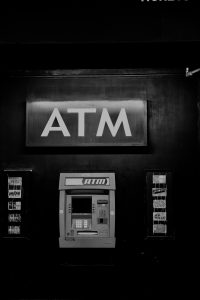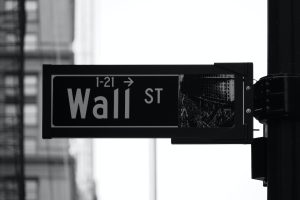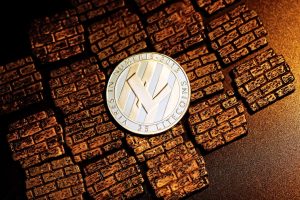A forex trading broker is a financial intermediary that provides retail traders with access to the foreign exchange market. This market is the largest and most liquid in the world, with an average daily trading volume of over $5 trillion. Forex brokers act as a bridge between the trader and the market, providing a platform for traders to buy and sell currencies.
The role of a forex broker is to execute trades on behalf of the trader. This means that the broker provides access to the market and takes care of the mechanics of the trade, such as order execution, market analysis, and risk management. Forex brokers also provide traders with tools and resources to help them make informed trading decisions. These tools include charting software, market news, and economic calendars.
Forex brokers are regulated by financial authorities in their respective jurisdictions, such as the Financial Conduct Authority (FCA) in the UK, the National Futures Association (NFA) in the US, and the Australian Securities and Investments Commission (ASIC) in Australia. These regulators ensure that brokers follow strict guidelines to protect the interests of traders. This includes keeping client funds separate from their own operating funds, providing transparent pricing, and adhering to strict capital requirements.
There are several types of forex brokers, each with its own advantages and disadvantages. The most common types are market makers, ECN/STP brokers, and DMA brokers.
Market makers are brokers that provide liquidity to the market. They take the other side of the trade and profit from the spread between the bid and ask prices. Market makers typically offer fixed spreads, which can be beneficial for traders who prefer a predictable cost structure. However, market makers may also have a conflict of interest, as they profit when traders lose money.
ECN/STP brokers connect traders directly to the market, without taking the other side of the trade. They earn a commission on each trade, rather than profiting from the spread. ECN/STP brokers typically offer variable spreads, which can be lower than fixed spreads during periods of high liquidity. However, ECN/STP brokers may charge higher commissions than market makers.
DMA brokers provide direct market access to traders, allowing them to access the interbank market and trade with other participants. DMA brokers typically offer the lowest spreads and fastest order execution, but they may require higher minimum deposits and have a more complex trading platform.
When choosing a forex broker, traders should consider several factors, including the broker’s regulatory status, trading conditions, and customer service. Traders should also consider the broker’s fees and charges, such as spreads, commissions, and swap rates. Finally, traders should test the broker’s platform and tools to ensure they are comfortable with the trading environment.
In conclusion, a forex trading broker is a crucial component of the foreign exchange market. Brokers provide traders with access to the market and offer tools and resources to help them make informed trading decisions. Traders should choose a broker that is regulated, offers competitive trading conditions, and provides excellent customer service. By working with a reputable broker, traders can maximize their trading opportunities and minimize their risks.





